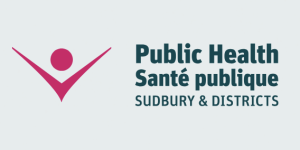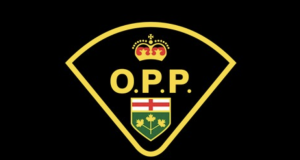 Toronto’s Drug Checking Service has identified two new substances circulating in the Ontario drug supply: N-Propionitrile chlorphine (also known as cychlorphine) and Deschlorodemethyldiazepam.
Toronto’s Drug Checking Service has identified two new substances circulating in the Ontario drug supply: N-Propionitrile chlorphine (also known as cychlorphine) and Deschlorodemethyldiazepam.
- N-Propionitrile chlorphine (also known as cychlorphine) is an opioid that is as strong as or stronger than fentanyl and is not approved for pharmaceutical use.
- Deschlorodemethyldiazepam is a benzodiazepine that is not approved for pharmaceutical use.
The use of these substances significantly increases the risk of poisoning. Multiple doses of naloxone may be needed to help reverse a poisoning. Street drugs may be cut or mixed with other substances such as fentanyl or carfentanil, benzos (benzodiazepines), xylazine, and medetomidine. Even a very small amount of these substances can cause a poisoning.
How to prevent poisonings
A poisoning occurs when a person uses a substance, and their body cannot handle its effects. A person can pass out, stop breathing, or experience a seizure. Poisonings can be fatal or non-fatal.
- Carry a naloxone kit. It can help reverse an opioid poisoning.
- ask your local hospital or pharmacy. Visit ontario.ca/page/get-naloxone-kits-free.
- Avoid mixing substances. This includes alcohol, prescription, over the counter, and street drugs.
- Start with a lower dose and go slow.
- Avoid using drugs when you are alone.
- Have a trusted person nearby or use a virtual safe consumption service like the National Overdose Response Service at 1.888.688.6677 or the Brave App. These services provide 24/7 confidential and nonjudgmental support, whenever and wherever you use drugs.
How to respond to poisonings
- Call 911. Stay with the person. Monitor their breathing until help arrives.
- GIVE NALOXONE. It won’t cause harm if opioids aren’t involved. The person may not wake up right away due to sedation. More doses may be needed.
- If the person is unconscious, place them in the recovery position.
How to recognize poisonings
Different substances affect the body in different ways. Depending on the type of substance consumed, symptoms of a poisoning may look different.
Opioid poisoning symptoms:
- bluish, purple, or greyish skin, lips, or nails (depending on skin tone)
- dizziness, confusion, or inability to stay awake
- choking, gurgling, or snoring sounds
- slow, weak, or no breathing
Benzodiazepines (benzos) toxicity poisoning symptoms
A poisoning due to benzodiazepines (benzos) toxicity may last for hours and look like:
- extreme sleepiness or passing out
- poor balance or movement control
- slurred speech
- blackouts and memory loss
Share this warning to help raise awareness and reduce the risk of drug poisonings.
- Tenaris Commits an additional $78,500 to Support HSCDSB STEAM Lab Programming - February 21, 2026
- Safety Reminder: Keep Children Off Snowbanks Near Power Lines - February 21, 2026
- Une élève de Wawa exerce son leadership au Sénat des élèves du CSC Nouvelon - February 20, 2026
 Wawa-news.com Local and Regional News
Wawa-news.com Local and Regional News

